13, February 2018
Ruler since 1982, Biya turns 85 as strife grips parts of Cameroon 0
President Paul Biya of Cameroon celebrates his 85th birthday on Tuesday after 35 years at the helm of a country that today faces daunting problems, including a separatist revolt.
“The Cameroon of tomorrow, which is developing before our eyes, will have little connection with the Cameroon of yesterday… Let us seize the chance and take up the challenge,” Biya on Saturday said in a speech on the nation’s youth.
Three-quarters of Cameroon’s population, according to the most recent available statistics from 2014, are under 25. They were yet to be born when Biya in November 1982 settled into the presidential residence of Etoudi in the capital Yaounde, also called the Palace of Unity.
Biya urged young Cameroonians to vote in the next general elections due at the end of 2018, including a presidential poll.
But — true to his nickname of “the Sphinx” — he remained silent on whether he plans to run for a seventh term.
Several candidates have already declared their intentions, but the presidential camp has long since learned to keep a close watch over dissenting voices.
– ‘Divide and rule’ –
Biya has locked down all key posts and institutions, up to the creation early in February of a Constitutional Council of 11 members, the majority of whom come from the ruling Cameroon People’s Democratic Movement (RDPC). Their duties will notably include the validation of election results.
A former student in a Roman Catholic seminary and then of political science in Paris, Biya “has put the saying ‘divide and rule’ into practice,” said Stephane Akoa, a researcher at the Paul Ango Ela Foundation.
“This is how he is able to remain at the apex of the system — forces who might have contested his power can’t get organised, let alone form a coalition.”
The most obvious threats to this picture come from separatists in the anglophone west, where two provinces were united with French-speaking Cameroon after independence in 1960. English-speakers comprise a fifth of the population.
Resentment runs high over perceived neglect by the francophone-majority regime. Dozens of people have been killed on both sides since a bloody crackdown on protest by October, sparking an escalation of bloodshed that led to a week-long curfew on Saturday.
Northern Cameroon, meanwhile, is vulnerable to raids against civilians and troops from across the border by Nigeria’s jihadist group Boko Haram. Cameroon is part of a regional military coalition formed to crush the movement.
– Foreign trips –
Biya’s taste for alpaca suits and silk ties and repeated and often lengthy absences, especially to Switzerland, have been a source for criticism in a nation where more than a third of the population still survives on less than two euros ($2.40) a day.
The foreign trips in particular have raised questions about Biya’s health. Rumours that he was sick circulated again at the end of January, but they were confounded by his television appearance on Saturday. His public appearances are so rare that they are closely scrutinised.
Biya offered an upbeat assessment of the state of the nation. The threat from Boko Haram is “considerably reduced”, the anglophone regions have “calmed down” — though three gendarmes were killed on Sunday — and the national economy has been “embellished”, as he put it.
External commentators, though, say the threat of instability is casting a lengthening shadow.
“With the troubles in anglophone regions and the persistent threat from Boko Haram, the 2018 elections will be a greater challenge than previous votes,” said Hans De Marie Heungoup, a researcher with the International Crisis Group (ICG) thinktank.
Source: The Citizen
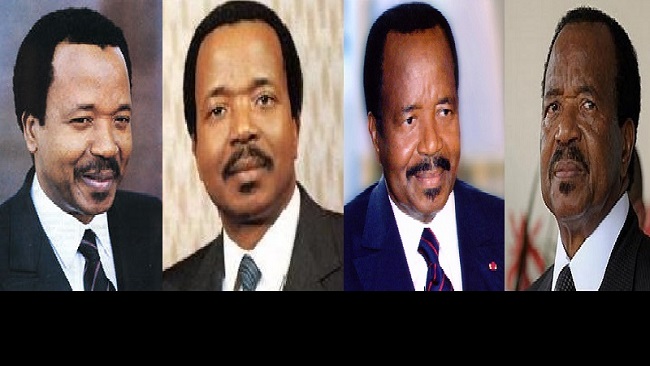


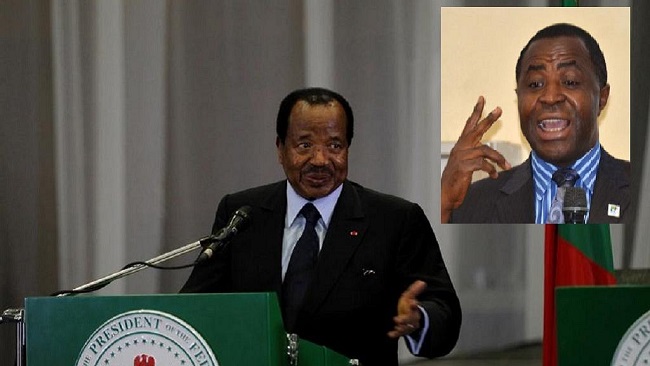
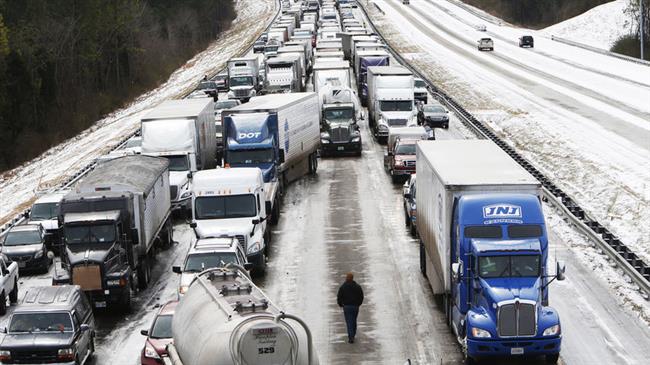
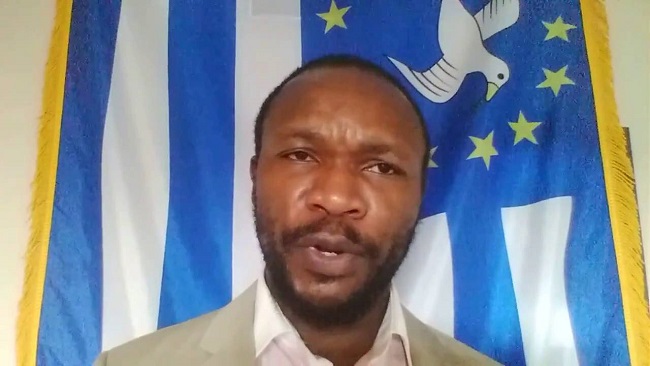
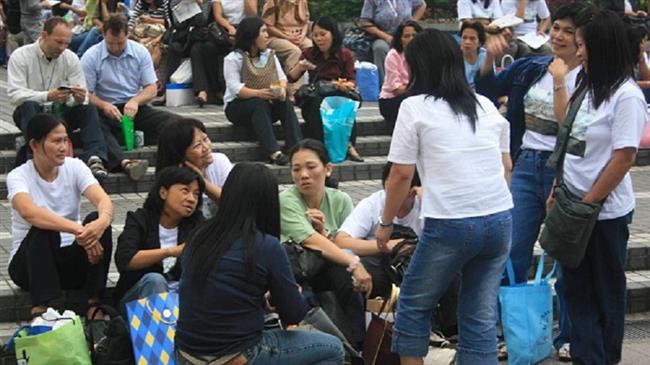



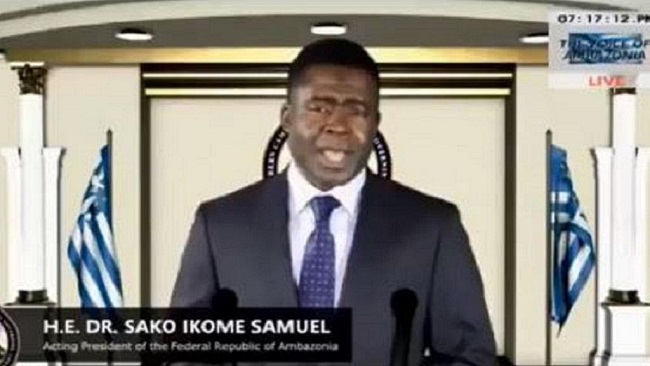


















13, February 2018
Cameroon villagers killed, Church torched, As Boko Haram Militants Attack Christians 0
A Christian advocacy and aid group has urged prayers for “traumatized” Christians in Cameroon after at least four villagers were reportedly killed by Islamic militants.
Voice Of the Martyrs Canada (VOMC) said fighters of the Islamic terror group Boko Haram stormed the village of Roum in Cameroon’s Far North Region late January 16 and destroyed churches and other properties. “Residents…were abruptly awoken…as blazing fires engulfed two churches and numerous homes in their village community,” VOMC added in a statement to BosNewsLife.
“In addition to the destruction of the Union des Eglise Evangelique Church and a Catholic parish, the fire also destroyed 93 huts, 20 food storehouses, and 11 motorbikes,” VOMC noted. Near the village, a health center of the evangelical church was also attacked, Christians said.
Nigeria-based Boko Haram reportedly claimed responsibility for the violence, which followed its raids in nearby towns, including Mozogo and Moskota, BosNewsLife learned.
Christian communities in the Far North Region sharing a border with Nigeria have been most affected by Boko Haram’s suicide bombings and raids for some nine years said activists familiar with the situation.
ISLAMIST INSURGENCY
The Islamist insurgency spilled over the border from Nigeria, killing 20,000 and uprooting nearly 3 million in the Lake Chad region, according to several estimates.
“The department of Mayo-Tsanga, which includes Mozogo and Moskota, is one of the militants’ constant targets,” VOMC explained.
In August last year, six siblings were reportedly kidnapped from Moskota during a night raid by Boko Haram. Their father, Adamu Nguda, who served as a church elder, was killed and their mother “left behind in a state of total shock,” VOMC recalled.
“Thankfully, the children, who were between the ages of three and 15 at the time, managed to escape from captivity safely. They were later found close to the country’s border near Nigeria by a group of vigilantes,” the group said.
URGING PRAYERS
VOMC urged its supporters to pray that “these many traumatized victims of terrorism be kept safe from any further threats or attacks.” And, it’s crucial to “Ask the Lord to lovingly minister great comfort and hope as they recover from their loss,” the group stressed.
VOMC said Christians in the region should also “receive practical assistance — such as shelter, food, transportation, places of worship — so they will know of His provision and restoration in their lives and communities.”
Church followers comprise a majority of Cameroon’s population of roughly 25 million people but are facing increasingly Islamic attacks.
Poverty also remains an issue with life expectancy low at about 55 years due to the prevalence of the AIDS virus HIV and an elevated maternal mortality rate, which has remained high since 1990, according to the United States Central Intelligence Agency (CIA).
“Cameroon, particularly the northern region, is [also] vulnerable to food insecurity largely because of government mismanagement, corruption, high production costs, inadequate infrastructure, and natural disasters,” the agency added in a recent assessment.
Source: Bosnewslife